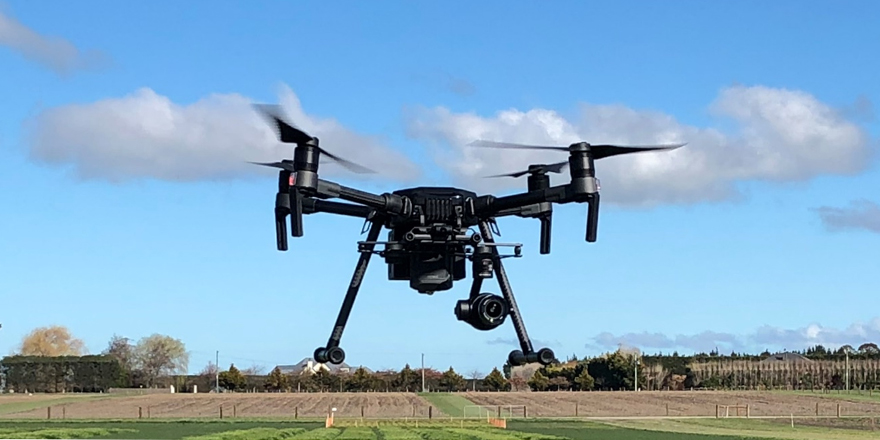
Executive Summary
Co-operatives have existed in New Zealand since 1864. Farmers purchase shares in these co-operatives and become shareholders. For many farmers and shareholders this could be the last time that they interact with this co-operative. I have often wondered why shareholders don’t engage with their co-operative when they have invested some of their hard earned money into it. For some shareholders this is a large sum of money invested, yet they have little to know engagement with the co-operative. This led me to thinking, How can you influence shareholder engagement?
Agricultural co-operatives have been operating in New Zealand for nearly 150 years, they are a business model that has lasted. Why are engagement levels decreasing? Where will the next governors of these co-operatives come from if shareholders are not engaged?
With these issues at the fore front of mind I attended the Co-operative Business New Zealand forum and met Directors, Chief Executive Officers and Senior Management from a number of leading New Zealand co-operatives. I then interviewed 4 different co-operatives ranging from less than 500 shareholders through to 10000 plus shareholders to try and gain a greater understanding of how you can influence shareholder engagement.
The key findings that came out of my interviews were
- All employees need to understand the co-operatives vision and purpose
- Regular communication is required, minimum of monthly newsletters.
- Written communication needs to be authentic, not formal speech.
- Have the close of election date after the 20th of the month.
Having staff that are highly engaged and understand the vision and purpose of the co-operative is essential as these people are usually the shareholders first interaction with the co-operative. This allows for a base level of engagement to be set.
The recommendations that have come out of my report are that all co-operatives are trying to engage with shareholders. Some are doing well and some are still trying to find the correct methods of engagement. Keep sending out regular newsletters and emails as some form of engagement is better than none. Be proactive in your approach to engagement, little and often communication is better than sending out a two page document for shareholders to read.
Every co-operative is different and all shareholders have different needs and requirements from their co-operative. “Not one box fits all” works for co-operatives. Shareholder engagement is a long term process. Co-operatives need to keep trying and shareholders need to remain engaged. The key is to keep engaging with shareholders during good times and bad, find innovative ways to engage with shareholders through the use of modern technology and to make the engagement as easy as possible for shareholders to complete.




